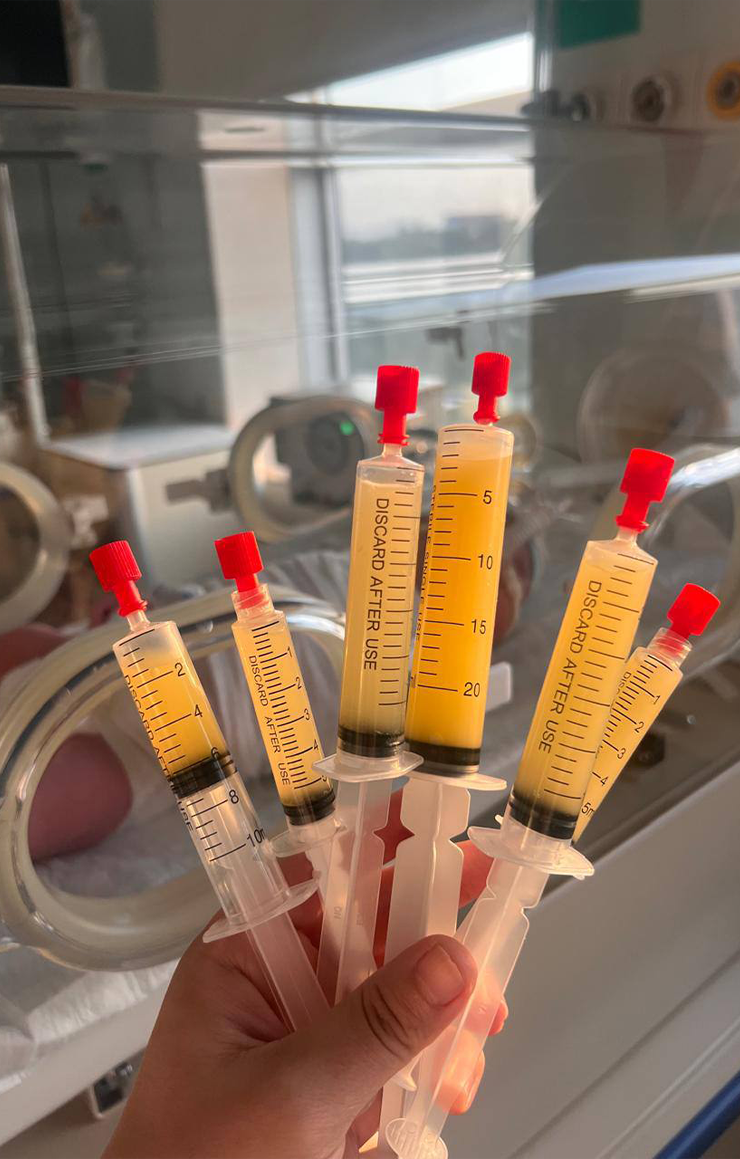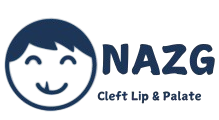Our initiatives
Hygiene and Breastfeeding Support
Hygiene and Breastfeeding Support

Good hygiene is essential for preventing infections, especially from birth until cleft palate surgery is completed. Our program will educate parents on maintaining oral hygiene for children with cleft palates throughout this period and offer a comprehensive breastfeeding program to support mothers. This program will provide specialized guidance to help mothers navigate feeding challenges, ensure proper nutrition, and promote successful breastfeeding practices for children with cleft palates, consider these strategies:



- Positioning Adjustments: Experiment with different breastfeeding positions, such as an upright or semi-upright position, to help the baby control milk flow and reduce the risk of choking or aspiration.
- Use of Specialized Bottles and Nipples: If direct breastfeeding is challenging, use specialized bottles, nipples, or feeding devices designed for babies with clefts to aid feeding.
- Support the Baby’s Chin and Cheeks: Gently supporting the baby’s chin and cheeks during breastfeeding can help create a better seal and reduce milk leakage.
- Frequent Burping: Babies with cleft palates often swallow more air during feeding. Burping frequently can reduce discomfort and prevent gas buildup.
- Pumping and Expressing Milk: If direct breastfeeding is difficult, mothers can express and pump their breast milk to maintain milk supply and feed the baby using alternative methods.
- Lactation Consultant Support: Work with a lactation consultant or feeding specialist familiar with cleft palate feeding challenges for personalized guidance and support.
- Maintain Good Hygiene Clean feeding tools thoroughly after each use to prevent infections.

"Hope Begins with a Smile"
Give a child hope for a brighter, happier future with your donation

